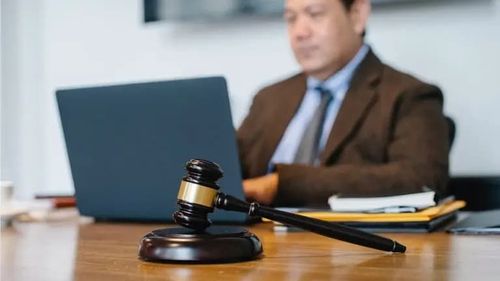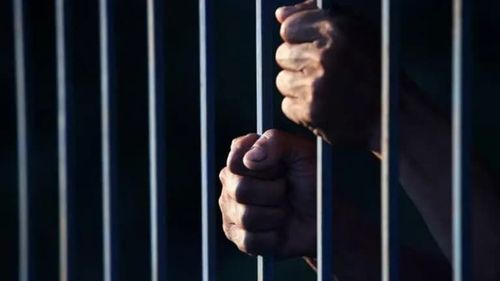Computer crimes in Colombia
Computer crime in Colombia, also known as cybercrime or electronic crime, refers to any illegal activity carried out through computer media or electronic communication networks. These crimes involve the improper use of information and communications technology for the purpose of committing fraud, damaging computer systems, stealing information, sabotage, among others. These actions are on the rise along with technological advances, as indicated by the portal Ámbito Jurídico: “In 2021, more than 48,000 complaints were registered for cybercrime, exceeding by 21% those filed in 2020, a year in which, in itself, there was a substantial increase in cybercrime due to the boom in the digital world that the pandemic brought about.”
In Colombia, Law 1273 of 2003 added to the Penal Code a title referring to the protection of information and data, defining and punishing various types of computer crimes.
## Some of the main computer crimes in Colombia include:
1. **Abusive access to a computer system:** Consists of accessing, in an unauthorized manner, a computer system or part of it, with the purpose of obtaining, altering or destroying information contained in said system.
2. **Computer damage:** Refers to causing damage to a computer system, interrupting its operation, deleting or modifying information without authorization.
3. **Computer sabotage:** Involves altering or interfering with the normal operation of a computer system, whether of a public or private institution, with the intention of causing damage.
4. **Computer fraud:** Includes fraudulent activities carried out through electronic means, such as online fraud, identity theft or phishing, with the aim of obtaining illicit economic benefits.
5. **Child pornography:** The production, distribution, storage or possession of pornographic material involving minors is a serious computer crime punishable in Colombia.
6. **Computer forgery:** Consists of the alteration or falsification of electronic data, digital documents or online transactions, with the purpose of deceiving or harming third parties.
7. **Illegitimate obstruction of a computer system or telecommunication network:** This consists of obstructing the normal operation of or access to a computer system, the computer data contained therein, or a telecommunication network without being authorized to do so.
8. **Violation of personal data:** obtaining, compiling, subtracting, offering, selling, exchanging, sending, buying, intercepting, disclosing, modifying or using personal codes, personal data contained in files, archives, databases or similar means without being authorized to do so, for personal gain or for the benefit of a third party.
### Cybergraphy
[ https://www.policia.gov.co/denuncia-virtual/delitos-informaticos#:\~:text=The%20reporting%20offenses%20are%20conduct,(Regulations%20on%20reporting%20offenses%20are%20conduct,(Regulations%20on%20reporting%20offenses%20are%20conduct,(Regulations%20on%20reporting%20offenses%20are%20conduct)). ](https://www.policia.gov.co/denuncia-virtual/delitos-informaticos#:~:text=Los%20delitos%20inform%C3%A1ticos%20son%20conductas,%28Normatividad%20sobre%20delitos%20inform%C3%A1ticos%29).
<https://www.pymas.com.co/ideas-para-crecer/mundo-pyme/delitos-informaticos-colombia#:~:text=Acceder%20de%20manera%20abusiva%20a,algunos%20de%20los%20actos%20que>
<https://www.policia.gov.co/denuncia-virtual/normatividad-delitos-informaticos>
<https://www.colombialegalcorp.com/blog/que-son-los-delitos-informaticos-en-colombia/>
<https://www.ambitojuridico.com/noticias/especiales/los-desafios-del-delito-informatico>









